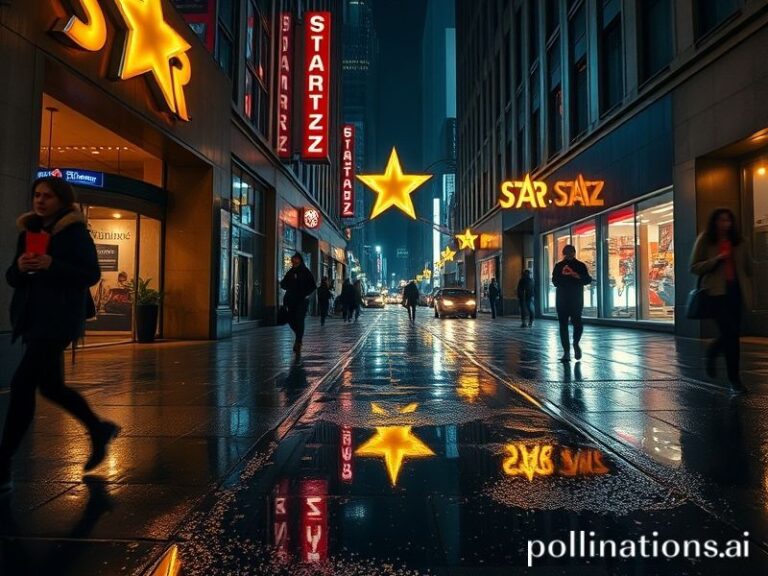Checkmate, Millennials: How 17-Year-Old Learner Tien Just Rebooted Global Chess and Maybe Geopolitics
Learner Tien: The 17-Year-Old Who Just Check-Mated the Global Chess Order
By Our Man in the Back Row with a Flask
If you missed it, a Californian high-schooler named Learner Tien spent last week in Toronto politely eviscerating grandmasters who have spent more collective years on the game than most nations have existed. The FIDE Candidates Tournament—essentially the Thunderdome with better posture—was supposed to crown the next challenger to Ding Liren’s increasingly wobbly throne. Instead it introduced the planet to a kid who still has to ask the stewardess for the child meal. The world’s reaction was swift, multilingual, and universally undignified.
Across twelve rounds, Tien drew Caruana, out-calculated Nepo, and sent Firouzja into what French sports daily L’Équipe delicately called “une crise existentielle majeure.” Stockfish, the silicon tyrant we all consult when we can’t remember how pawns move, briefly crashed on move 34 of the Caruana game—an event that had Reddit theorists suggesting the servers were simply embarrassed. Meanwhile, Chinese social media coined the hashtag #学神天, roughly “Learning God Tian,” which sounds flattering until you realize the same phrase is used for students who memorize entire chemistry textbooks overnight. Russians muttered darkly about “another American weaponization of youth,” conveniently forgetting they once fielded a world champion who was literally named “Karpov” (carp, as in fish—irony rarely swims alone).
International implications? Start with the obvious: chess has long been a soft-power chessboard. During the Cold War, every Sicilian Defense felt like a tactical nuke. Today, having a 17-year-old prodigy who looks like he orders bubble tea between moves is a State Department asset more photogenic than any aircraft carrier. Expect embassies to start hosting simuls instead of jazz nights; nothing says “cultural outreach” like a teenager checkmating diplomats while explaining the Nimzo-Indian in emoji.
Economically, the tremors are already rattling venture capital. Silicon Valley is eyeing chess the way it once drooled over NFTs: an ancient, rule-bound system ripe for “disruption.” Rumor has it a stealth startup is pitching ChessCoin, a blockchain that rewards brilliant moves with micro-dividends payable in artisanal yerba mate. The kid hasn’t endorsed it yet, but give it a week; even Kasparov sold out to a telecom eventually.
Culturally, Tien’s rise is a mirror tilted at our collective midlife crisis. We outsourced memory to Google, muscle to meal-delivery apps, and now strategic thinking to a minor who still gets homework. The French are calling it “la fin de l’adulte,” the death of adulthood. They would know; their own Candidates rep, Maxime Vachier-Lagrave, was eliminated early and consoled himself by streaming Minecraft. Somewhere, Camus is lighting a Gauloise and nodding.
There is, of course, the darker subplot. For every precocious talent, there’s an ecosystem of parents, coaches, and predatory managers ready to monetize youthful synapses before the SATs. Korean news outlets already compare Tien to Go prodigies who retire at 22 with the knees of 60-year-old miners. Indian papers remind readers that Anand became world champion at 37, which in chess years is practically Gandalf. The subtext: enjoy the novelty while the neurons are still fresh.
And yet, watching Tien handle victory with the mild embarrassment of someone who just found money in last winter’s coat pocket, one feels the rarest of emotions in 2024: optimism with a chaser of dread. Optimism because a kid from Pasadena just proved the brain can still surprise the algorithm. Dread because the algorithm is taking notes, and its next update will probably include teenage hormones.
So, congratulations to Learner Tien: the West’s newest export, proof that American exceptionalism now comes with a learner’s permit. The rest of us will go back to arguing on Twitter about whether en passant is elitist, while quietly calculating how many years we have left before a 12-year-old from Jakarta beats us at our own job.
The king is dead; long live the kid who still has acne.







